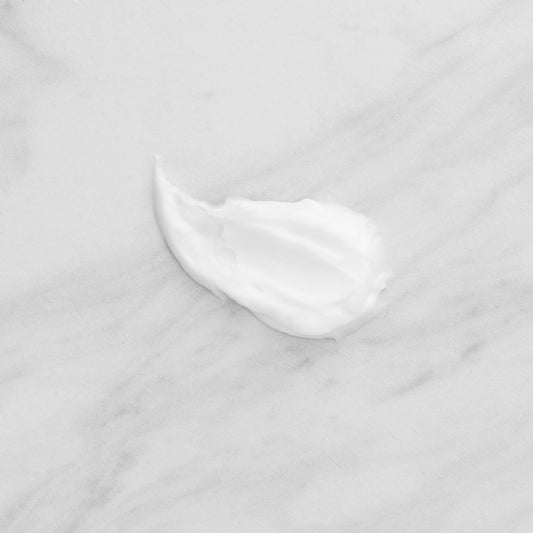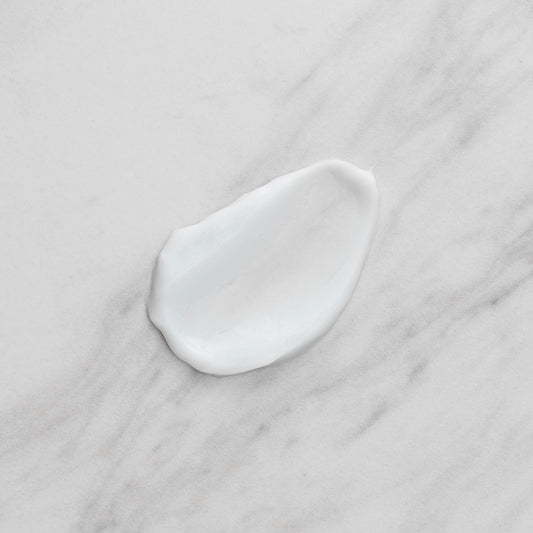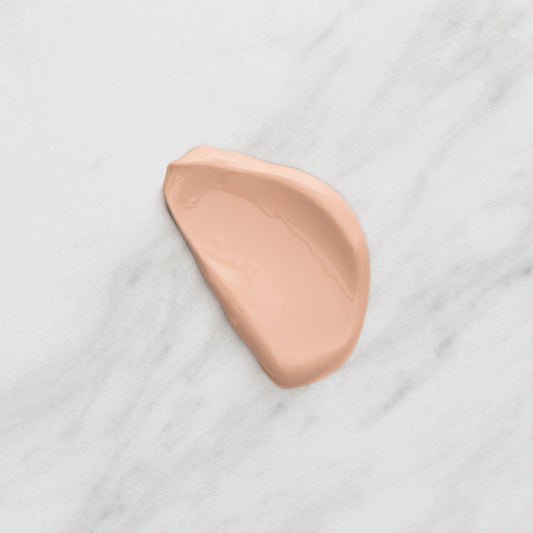
Share
What to Avoid for a Calm, Balanced Complexion
Sensitive skin can feel like a puzzle—constantly reacting to the world around you, leaving you frustrated and unsure of how to maintain a calm, balanced complexion. Understanding the triggers that cause irritation is crucial for developing an effective skincare routine. By identifying and avoiding these culprits, you can help protect your skin and achieve a healthier, more resilient appearance.
Here are some common triggers to avoid and insights into their impact on sensitive skin.
Harsh Cleansers
Many conventional cleansers contain sulfates, fragrances, and alcohol, which can strip the skin of its natural oils and disrupt its barrier function. For sensitive skin, these harsh ingredients can lead to irritation, dryness, and inflammation. The Journal of Dermatological Science notes that cleansers with sulfates can increase irritation levels by as much as 50% compared to gentler formulations. This highlights the importance of choosing a sulfate-free cleanser to maintain your skin’s health.
Over-Exfoliation
While exfoliation can help remove dead skin cells and promote cell turnover, overdoing it can severely damage your skin’s barrier. Even gentle exfoliation can lead to redness and irritation for sensitive skin types. Limiting exfoliation to once a week or opting for mild chemical exfoliants rather than harsh physical scrubs is advisable. Research from the International Journal of Dermatology indicates that over-exfoliating can result in a 28% increase in transepidermal water loss (TEWL), making sensitive skin more vulnerable to irritation and dryness.
Fragrances and Dyes
Fragrances and artificial dyes can trigger allergic reactions and irritation, particularly in sensitive skin. The American Academy of Dermatology identifies fragrance as one of the top five allergens in cosmetic products, responsible for contact dermatitis in about 3-5% of the population, especially among individuals with sensitive skin. Choosing fragrance-free and dye-free products can significantly improve your skin's overall health, reducing the likelihood of flare-ups.
Hot Water
Although a hot shower may feel soothing, it can strip your skin of its natural moisture, leading to dryness and irritation. Switching to lukewarm water for cleansing helps maintain your skin’s barrier. A study published in the British Journal of Dermatology found that bathing in hot water increased skin dryness by 60% compared to lukewarm water, with sensitive skin showing even greater sensitivity to temperature extremes.
Stress
Stress is a well-known trigger for various skin conditions, including eczema, rosacea, and acne. When you're stressed, your body produces cortisol, which can exacerbate inflammation and sensitivity. Managing stress through relaxation techniques, such as yoga or meditation, can have a positive impact on your skin. Research in Psychosomatic Medicine found that individuals who practiced mindfulness and stress-reduction techniques experienced a 40% reduction in symptoms related to skin sensitivity and inflammatory skin conditions.
Environmental Factors
Pollution, extreme weather, and UV exposure can all contribute to sensitive skin flare-ups. Airborne pollutants can irritate the skin, while sun exposure can lead to redness and exacerbate existing conditions. To protect your skin, consider incorporating protective measures, such as wearing sunscreen daily and using a barrier cream. The Journal of Investigative Dermatology found that pollutants could increase skin sensitivity and cause inflammation by up to 30%, making it essential to shield your skin from environmental aggressors.
Certain Foods
Certain foods, particularly those high in sugar and processed carbohydrates, can contribute to inflammation and skin sensitivity. Conversely, a diet rich in antioxidants, healthy fats, and hydration can support skin health and balance. Research in the American Journal of Clinical Nutrition indicates that diets high in sugar can exacerbate inflammation, increasing the risk of skin conditions, while those rich in fruits, vegetables, and omega-3 fatty acids improve skin hydration and reduce sensitivity.
Skipping Moisturizer
Moisturizing is a crucial step for maintaining a healthy skin barrier, especially for sensitive skin. Skipping this step can lead to dryness and increased susceptibility to irritation. Choosing a gentle, hydrating moisturizer is essential for locking in moisture. A study published in the Journal of Dermatology found that regular use of moisturizer improved barrier function in individuals with sensitive skin by 50%, reducing the incidence of irritation and dryness.
Poor Sleep Habits
Sleep deprivation can negatively affect your skin's ability to heal and regenerate. Lack of sleep can lead to increased inflammation and sensitivity, resulting in a less balanced complexion. Prioritizing quality sleep is essential for maintaining healthy skin. Research from the American Academy of Sleep Medicine shows that individuals who get less than six hours of sleep per night are 25% more likely to experience skin issues, including increased sensitivity and dryness.
Conclusion: Understanding Your Triggers
Understanding your skin's triggers is essential for managing sensitivity and achieving a calm, balanced complexion. By avoiding harsh cleansers, over-exfoliation, and irritating ingredients, as well as being mindful of lifestyle factors such as diet and stress, you can create a skincare routine that promotes your skin's health. Remember, small changes can lead to significant improvements, so take the time to listen to your skin and make adjustments that support its unique needs.




